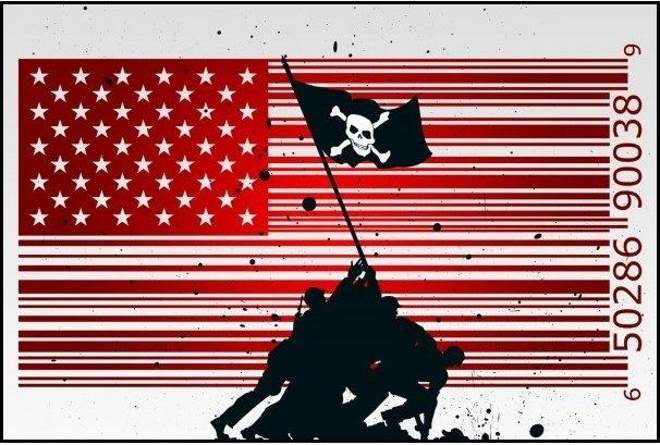The flames of November 2005 still flicker in everyone’s minds. Those first joyous fires were the baptism of a decade full of promise. The media fable of “banlieue vs. the Republic” may work, but what it gains in effectiveness it loses in truth. Fires were lit in the city centers, but this news was methodically suppressed. Whole streets in Barcelona burned in solidarity, but no one knew about it apart from the people living there. And it’s not even true that the country has stopped burning. Many different profiles can be found among the arrested, with little that unites them besides a hatred for existing society — not class, race, or even neighborhood. What was new wasn’t the “banlieue revolt,” since that was already going on in the 80s, but the break with its established forms. These assailants no longer listen to anybody, neither to their Big Brothers and Big Sisters, nor to the community organizations charged with overseeing the return to normal. No “SOS Racism” could sink its cancerous roots into this event, whose apparent conclusion can be credited only to fatigue, falsification and the media omertà. This whole series of nocturnal vandalisms and anonymous attacks, this wordless destruction, has widened the breach between politics and the political. No one can honestly deny the obvious: this was an assault that made no demands, a threat without a message, and it had nothing to do with “politics.” One would have to be oblivious to the autonomous youth movements of the last 30 years not to see the purely political character of this resolute negation of politics. Like lost children we trashed the prized trinkets of a society that deserves no more respect than the monuments of Paris at the end of the Bloody Week — and knows it.

https://antidotezine.files.wordpress.com/2014/01/anarchy11.jpg

Provide Feedback